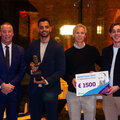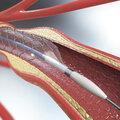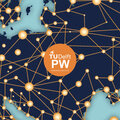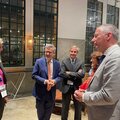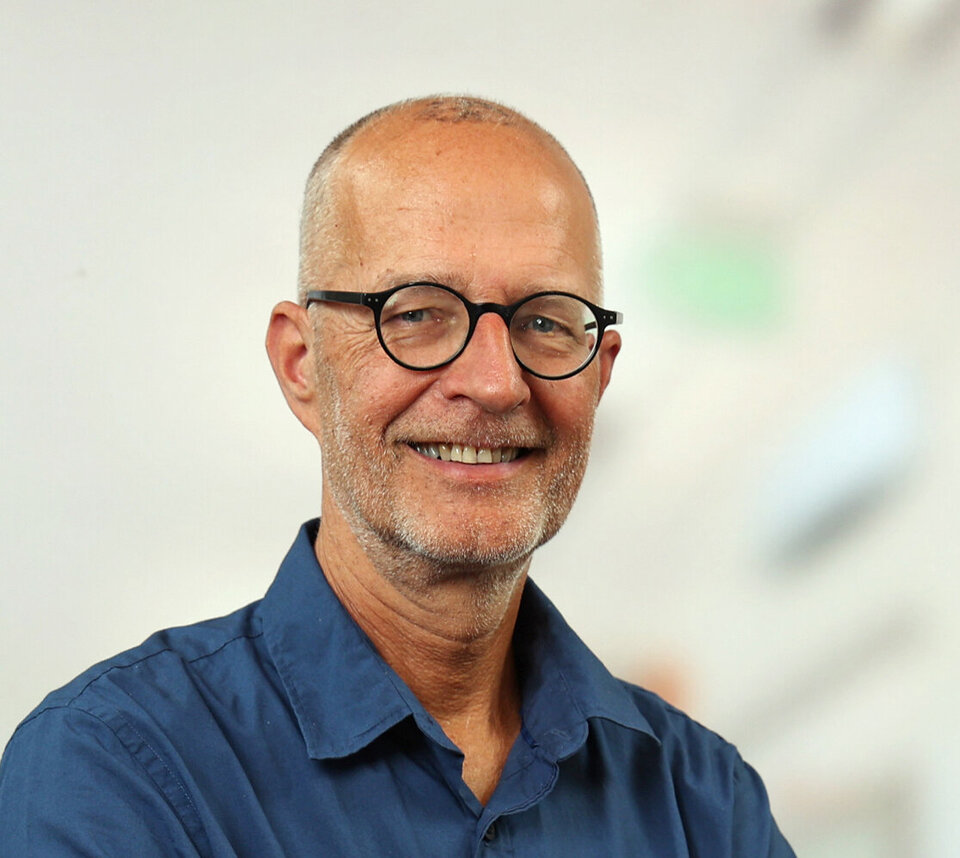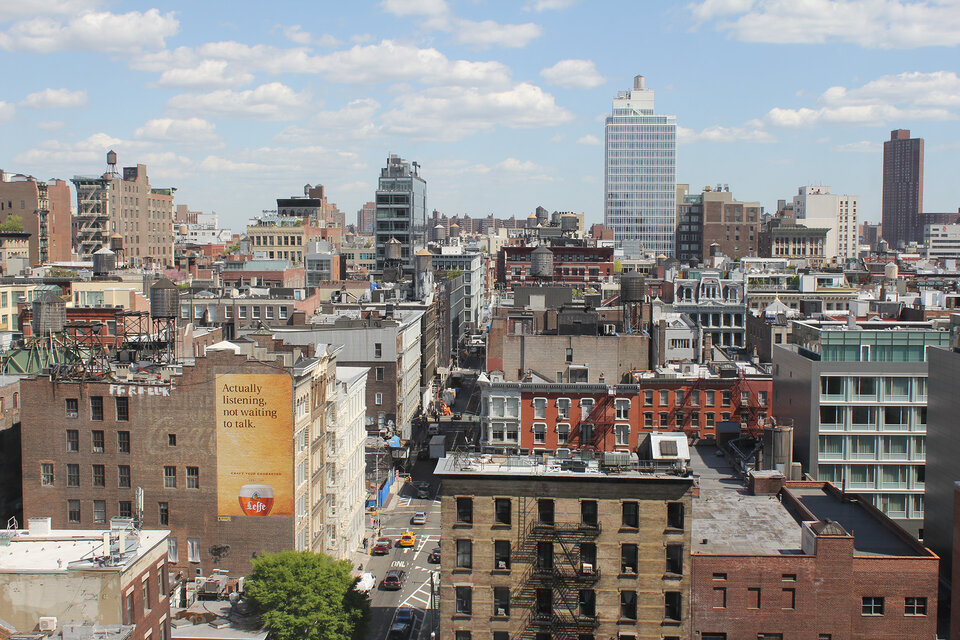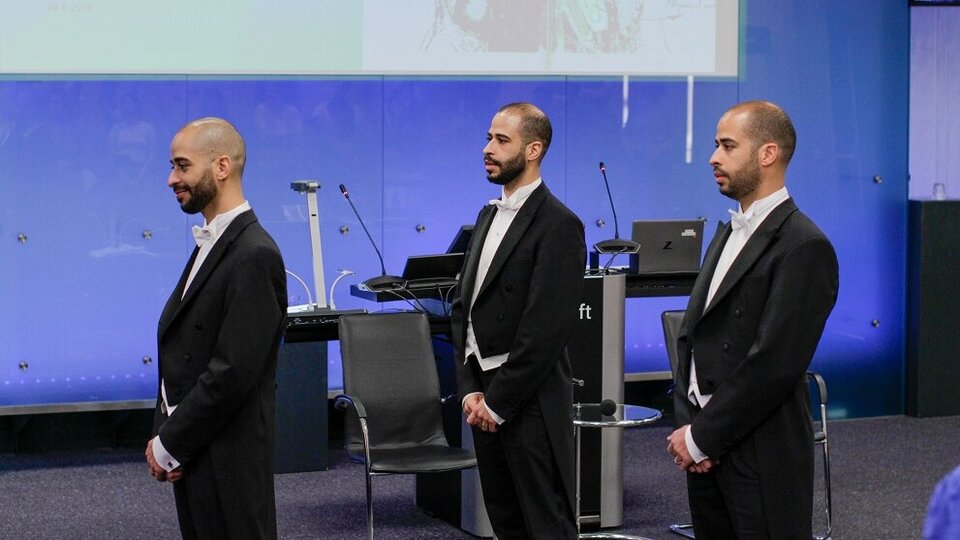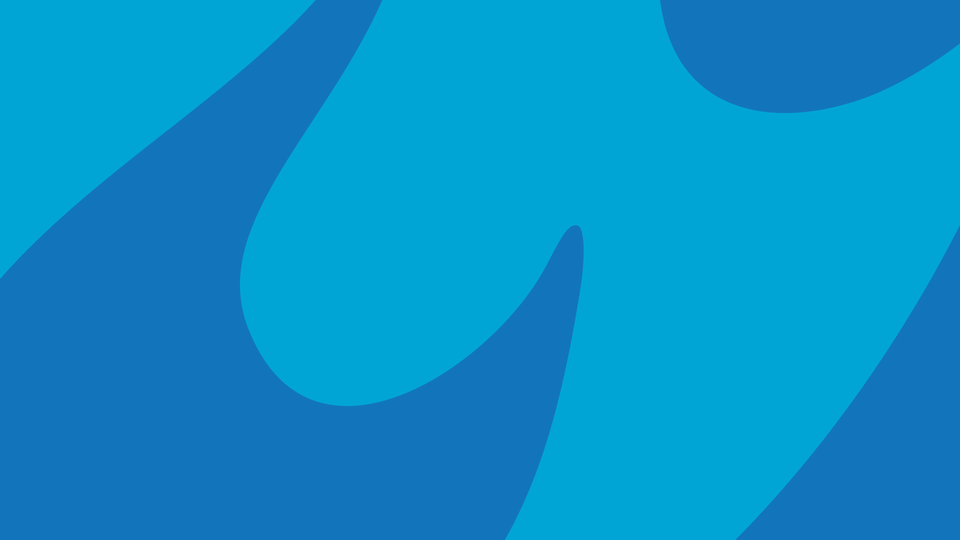Reimagining river cities: The University of São Paulo, TU Delft and Resilient Delta enter 5-year partnership
This April, the University of São Paulo and TU Delft launched a 5-year joint research project on river cities and ports, focusing on the intersections between climate action and health the urban environment The Tietê river makes its start in foothills immediate east of São Paulo, flowing through this expansive metropolis through a series of waterways. Eventually these waters coalesce with the Paraná river, forming an expansive transnational river delta that enters the Atlantic Ocean near Buenos Aires, Argentina. According to Prof. Alexandre Delihaicov, the culture of design for river cities emphasizes the architecture of place, the multiple dimension of water and its civic character, where rivers serve as structuring elements in urban and regional design. Viewing the hydrographic basin as a unit for planning and intersectoral management and governance in public administration transforms the approach to infrastructure and city development. Delihaicov leads the “Laboratório de Projetos” (Design Lab) and the “Architecture Design of Fluvial Urban Infrastructures - Grupo Metrópole Fluvial” at the Faculty of Architecture and Urbansim at the University of São Paulo, which has conducted extensive research-by-design projects on several aspects of urban water, the environment, and liveability in the region. Many of the timely and complex challenges facing this vital urban water system—and its connections throughout South America—resonate with those found here in the Rhine-Meuse-Scheldt delta in Northwest Europe, which culminates in the highly urbanized Greater Rotterdam region. The scale and urgency of these challenges was underscored by historic floods in the state of Rio Grade do Sul in recent weeks. In addition to substantial loss of life, hundreds of thousands have been displaced from their homes, and large parts of cities including Porto Alegre remain underwater. Many communities may be permanently displaced by the events. According to Dr. Taneha K. Bacchin, there is an urgent need for a paradigm shift in urban and regional development, one that is more sensitive and responsive to the unfolding state of criticality, socio-environmental vulnerability, and risk. Bacchin has been invited to join multiple local, state and national crisis management and reconstruction projects in the wake of the events. As an Associate Professor of Urbanism at TU Delft, Bacchin also has extensive academic leadership experience in major research initiatives like Water4Change and Redesigning Deltas . Shared recognition of the need for action and cooperation motivates this five year joint research program, “Network of river port cities: Design at the intersection of climate action and urban-environmental health”. The cooperation focuses on the interrelations among six key areas: water, energy transition, nature-based economy, hybrid green-blue infrastructure, transport infrastructure and mobility, health and wellbeing in the built environment. The exchange will facilitate peer-to-peer learning within the larger geographic context of highly dynamic landwater regions, as Deltas, offering global perspectives and regenerative insights. The international and transdisciplinary cooperation builds on a long history of cooperation between the University of São Paulo and TU Delft , including a visit by the Rector of USP to TU Delft in February 2024. It is also the first joint collaboration to also include as partner the Resilient Delta Initiative. “By expanding this relationship to include Erasmus University Rotterdam and other key stakeholders through the Resilient Delta initiative, we can tap new opportunities to speed up our learning, innovation, and intervention,” says Arjan van Timmeren, Scientific Director of RDi. “This program brings fantastic opportunites to strengthen how our universities work together and with key stakeholders in our home cities and regions.” The program connects researchers and practitioners around five research domains and twinned real-world cases. Innovations in water-based mobility, solutions for safe living in climate-vulnerable areas, and strategies for weaving ecological awarness into everyday urban life are among the focuses of the program. The contours of the partnership were sketched out over the course of a three-day seminar in São Paulo in April 2024. This included reflections on current and ongoing transdisciplinary research programs in Brazil and the Netherlands. More than fifty delegates participated in joint presentations hosted by the Municipality of São Paulo, which aims to feed a new Waterway Plan for São Paulo through research-by-design projects. Pedro Martin Fernandes, President of São Paulo Urbanismo, underscored the city’s aspirations for its water infrastructure: “We need to change the city’s relationship with water. Through the transformation and creation of public spaces, we want to change people’s view of this resource.” Resilient Delta will help to resource and co-design the cooperation process, leveraging insights from a growing team of ‘gluon’ knowledge integration experts and insights from ongoing urban and regional collaborations like the Maasterras redevelopment . “This will be particular important for securing successful joint working across science and practice, but also within and between our two urban regions,” says Zac Taylor, Academic Lead for Deltas at RDi. “The complexity and urgency of the assignment before us demands novel approaches to creating knowledge for action. With these creative approaches, we can and must learn to speed up our learning and action between science and practice, and between our two regions.”
